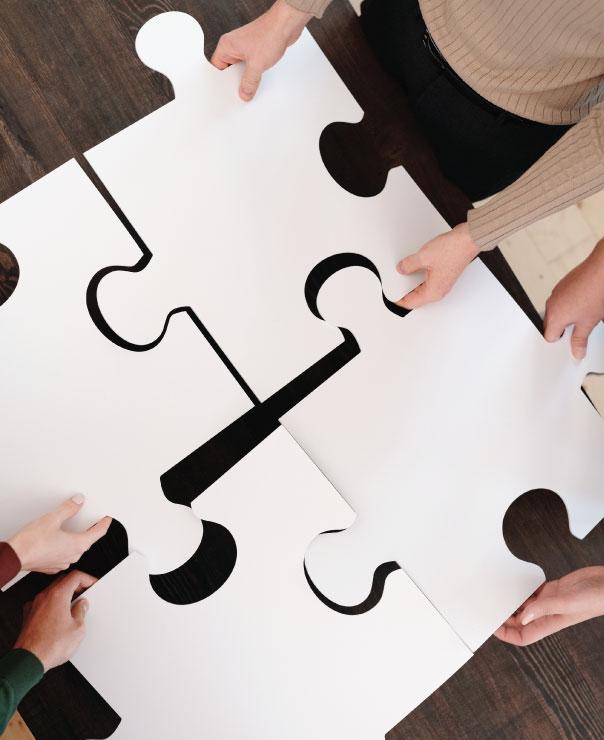Social sciences and humanities research
How do we build bridges with the general public?
Nuclear applications are not only a matter of technology, but also of societal choices. Whether in the context of energy production or healthcare, or when dealing with natural radioactivity, such choices are complex and always need to consider societal and ethical aspects. Expert opinions, as well the knowledge and views of citizens and other stakeholders are equally valuable inputs in research and decision making processes. Social sciences and humanities research can help here. It can motivate and facilitate dialogue between experts, citizens and other stakeholders, but also with making sense of the complexity of the challenges and choices as such.
Moreover, our social scientists are strongly committed to citizen participation. Reaching better decisions together by bringing knowledge, insights and values of citizens into social debates.

Bridge-builders between nuclear sciences and society
Nuclear applications are not only a matter of technology, but also of societal choices. Whether in the context of energy production or healthcare, or when dealing with natural radioactivity, such choices are complex and always need to consider societal and ethical aspects. Expert opinions, as well the knowledge and views of citizens and other stakeholders are equally valuable inputs in research and decision making processes. Social sciences and humanities research (SSH) can help here. It can motivate and facilitate dialogue between experts, citizens and other stakeholders, but also with making sense of the complexity of the challenges and choices as such.
More concrete, our social sciences and humanities research can:
- help to understand that complexity, by analyzing how our views and actions shape society and vice versa
- advise on how to engage society in developing knowledge and in making decisions
- shed light on how science can better deal with uncertainties and value-based opinions
- inspire and facilitate ethical reflection
Our research is done in close interaction with our colleagues at SCK CEN and with society at large. The insights we gain are made publicly available for anyone interested, and translated into policy advice if requested.
-
Participation: your voice matters!
Dealing with such complex, societal questions requires multiple insights, experiences and knowledge from all parts of society, including citizens.
-
Barometer: to measure = to know
The SCK CEN Barometer is a biannual opinion poll that gives us a valuable insight into the perception of the Belgian adult population on radiation risks and nuclear technology.
🔗 Read our latest report here.
-
Sustainability: together we can achieve better solutions
To be considered sustainable, a remediation project should take into account not only the environmental and economic aspects, but also the social ones (health, culture, social relations, sense of belonging…). At SCK CEN we conduct research to show how societal priorities, values and concerns can be included into decisions regarding site remediation.
-
Nuclear waste: science and ethics
The applications of nuclear science and technology raise many ethical questions. One of the most complex issues is deciding about the management and disposal of radioactive waste. What will future generations think of our decisions? What would a fair decision be?
-
Radon! Help us help you.
Unfortunately, many people who live in radon-prone areas do not test their homes for radon, nor do they protect themselves from it. Social scientists undertake research to find out why this is the case and how they can motivate people to protect themselves.
💡 Read more about our research on societal aspects on radon and NORM here.
-
Citizen science
Citizen science refers to the participation of citizens in scientific activities. These activities range from collecting data (e.g. counting birds in your garden) to developing a research question. Thus, citizen science aims to be science of, for and by citizens.